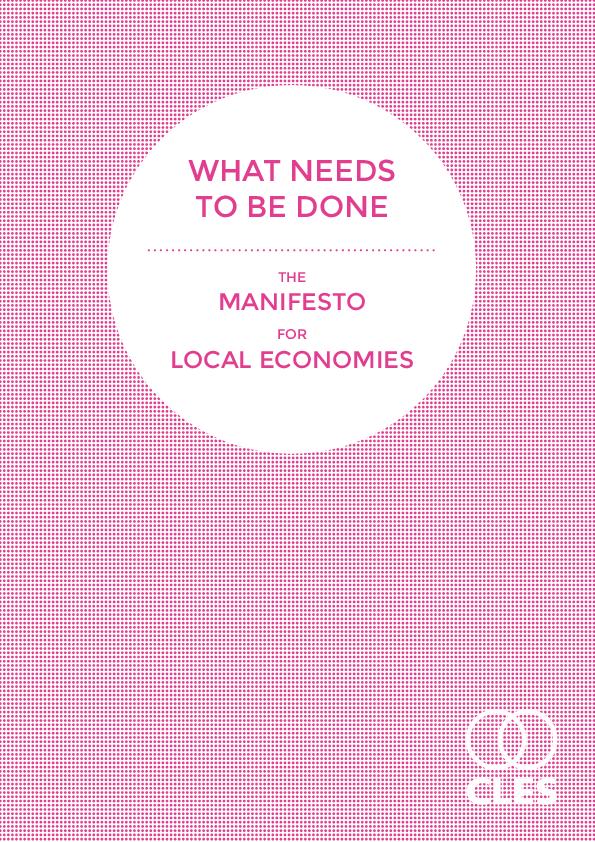Owning the workplace, securing the future
At the heart of the debate on community wealth building is a fundamental question about ownership and who or what holds the keys to wealth in our society.
In the midst of record inflation and a crisis where too few people earn enough to be able to feed their children and put a roof over their heads, tackling the unequal distribution of wealth ownership will be fundamental in helping to build a better economic model longer term.
















